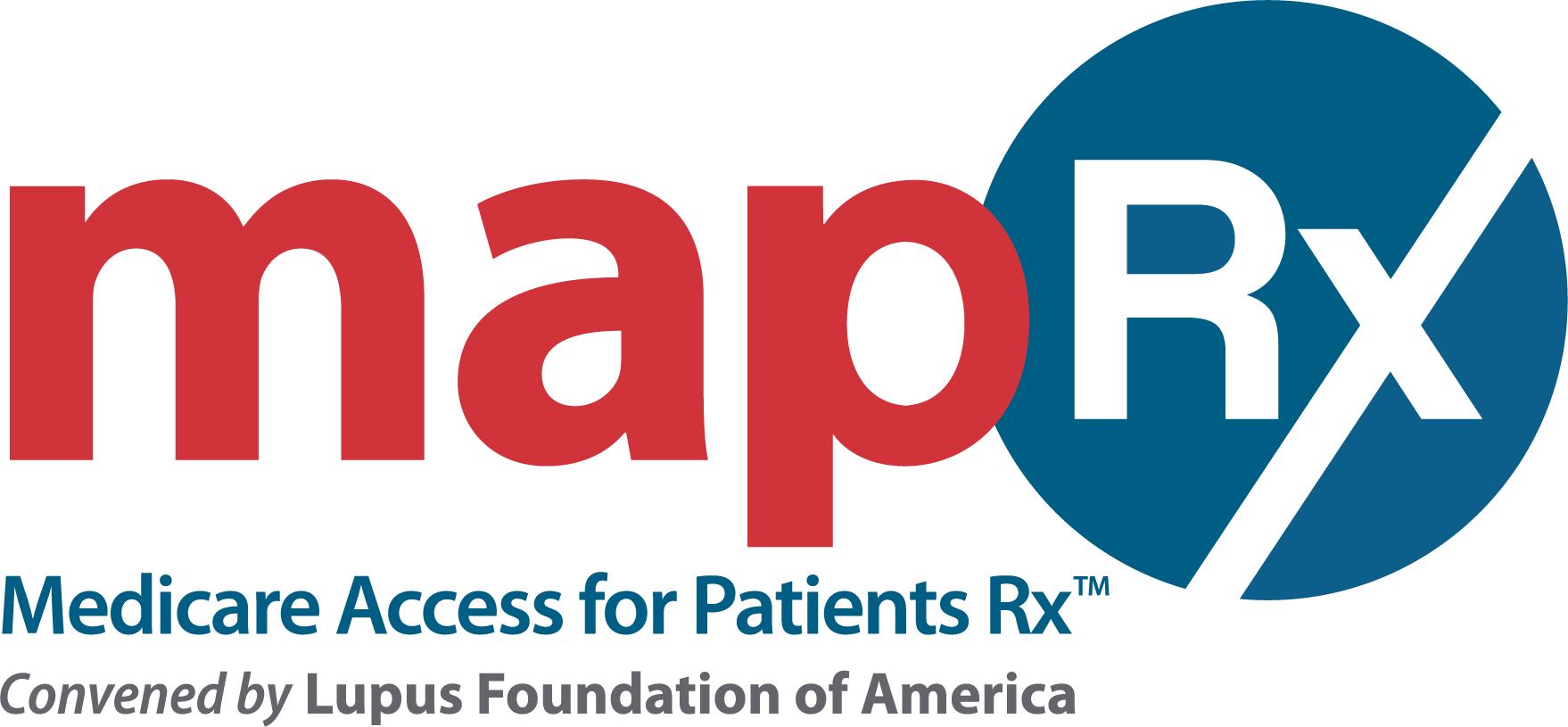April 2013 Letter to Congress
Dear Members of Congress:
Medicare Access for Patients RX or MAPRx brings together national beneficiary, patient advocacy, family caregiver, and health professional organizations committed to ensuring and improving access to prescription medications and safeguarding the well-being of beneficiaries with chronic diseases and disabilities under the Medicare prescription drug benefit (Part D). On behalf of millions of Medicare beneficiaries who rely on Medicare Part D for necessary, life-saving prescription medications, MAPRx urges Congress to protect the Part D program as it examines ways to reduce the federal deficit and resist any changes that unduly shift costs to beneficiaries, ultimately undermining the success of the Part D program.
There are complex fiscal problems facing our nation, and MAPRx recognizes the significant challenge Congress faces in reducing the federal deficit. However, the undersigned organizations are concerned that, in Congress’ effort to restructure entitlement programs such as Medicare to find federal savings, the Part D program and its beneficiaries will be negatively impacted.
Medicare Part D is a lifeline to millions of beneficiaries. It provides access to essential prescription medications that were previously unattainable and affordable. Multiple studies, including a recent study by doctors at Harvard, have linked access to prescription drugs through Part D to improved health outcomes and decreased spending in other areas of the Medicare program. Decreases in spending are a direct result of a reduction in physician visits and hospital stays along with prevention of acute illness, all which help avoid other costly co-morbidities. Furthermore, the cost to administer the Part D program has proven to be 30% less than projected by the Congressional Budget Office.
The success and popularity of the Part D program suggests the program is working well. The Part D program provides a valuable blueprint, and MAPRx urges Congress to look positively upon the successes of Part D. For example, robust formularies, coverage of the six-protected classes, strong oversight, and transparency for consumers are among the design principles essential to meet the needs of beneficiaries. In addition, a process for notice of non-coverage, appeals and exceptions are keys to providing access to necessary, life-saving prescription medications.
Medicare Part D is by no means perfect, and there are weaknesses that prevent beneficiaries from taking full advantage of the benefits of prescription drugs. Congress should explore ways to improve upon these challenges such as addressing gaps in coverage, onerous cost-shifting created by specialty tiers, restrictive utilization management tools, and seek ways to improve program effectiveness for those receiving low income subsidies.
As more Americans become eligible for Medicare, the Part D program will continue to be an integral part in helping additional beneficiaries maintain their health and in reducing overall health care costs. Careful consideration must be given to the impact changes to the Part D program will have on beneficiaries. Making significant changes that shift costs on to beneficiaries or create barriers to access will render the Part D program less effective and lead to an increase in costs in other parts of the Medicare program.
To that end, MAPRx urges Congress to resist entitlement reform proposals that significantly alter a well functioning Part D program, shift costs on to beneficiaries, and erode key beneficiary protections under Part D that are critical to ensuring access to necessary, life-saving prescription medications. Thank you for considering our comments, and should you have questions please contact Bonnie Hogue Duffy, MAPRx convener, at (202) 429-4017 or by email at Bonnie@maprxinfo.org.
Sincerely,

